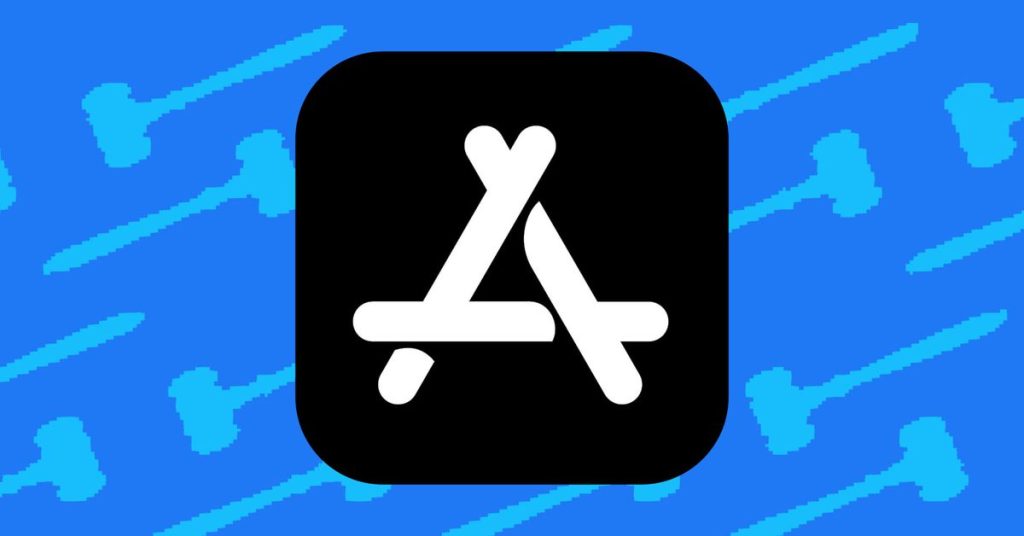Epic Games vs. Apple: The Ongoing Legal Battle
Background of the Case
In 2020, Epic Games initiated a lawsuit against Apple for antitrust violations. Although the trial concluded years ago with a judgment mostly favoring Apple, recent weeks have seen both parties back in court before Judge Yvonne Gonzalez Rogers. This time, the outcome might not be as favorable for Apple.
The Origin of the Dispute
The conflict began when Epic Games integrated its own mobile payment system into its popular game, Fortnite. This move led Apple to accuse Epic of breaching its contract. Judge Gonzalez Rogers ruled that Epic did indeed breach its contract and ordered the company to pay Apple 30% of the revenue collected through its external payment system, amounting to approximately $3.5 million.
Apple’s Compliance and Controversy
Despite the ruling, Apple was required to allow alternative payment methods besides its own for in-app purchases. Following a Supreme Court decision earlier this year, Apple had to implement this change. However, Apple’s method of compliance raised concerns. Judge Gonzalez Rogers remarked, “I couldn’t imagine a logical reason why Apple would demand that of competitor apps… Other than to stifle competition, I see no other answer.”
Courtroom Tensions
Judge’s Frustration
On May 16th, Judge Gonzalez Rogers appeared impatient with Carson Oliver, Apple’s senior director for business management for the App Store. When questioned by Epic’s lawyer, Yonatan Even, about the court’s concern regarding anti-steering rules and their impact on competition, Oliver’s responses seemed to frustrate the judge.
“Did you understand the fundamental point was to increase competition?”
Oliver’s vague answers led the judge to express doubt about his understanding of the court’s intentions.
Analysis and Compliance Issues
Throughout the proceedings, Oliver discussed an analysis by an outside consultancy group. Epic’s lawyer scrutinized why certain aspects of Apple’s in-app purchase system and compliance with the court order were not assessed. Judge Gonzalez Rogers pointed out that Apple’s model seemed to have one group of developers subsidizing others, questioning the value provided to individual developers.
Phil Schiller’s Testimony
Compliance Plan Scrutiny
Later, Phil Schiller, an Apple Fellow responsible for the App Store, was questioned about Apple’s compliance plan. The plan allows Apple to collect a commission from apps that install an “External Purchase Link” within the first seven days after a user taps the link. Judge Gonzalez Rogers questioned this approach, suggesting it created another subcategory to maintain Apple’s commission entitlement.
App Requests for Purchase Links
During the hearing, Schiller revealed that only 38 apps had requested to use a purchase link, out of 135,000 apps with in-app purchases on the App Store. Epic’s lawyer, Gary Bornstein, argued that the number of potential applicants should include apps without in-app purchases and those not yet on the store. Schiller conceded that this might be the correct approach.
Future Implications
In a January filing, Epic indicated its intention to challenge Apple’s policy, recalling that the court’s injunction allowed for sanctions or other relief if Apple violated the original order. Judge Gonzalez Rogers will decide on any appropriate sanctions once the evidentiary hearing concludes. The hearing is set to continue on Friday at 9 AM PT.
For more details, you can refer to the court document.

1 Comment
Epic should just focus on making games instead of lawsuits!